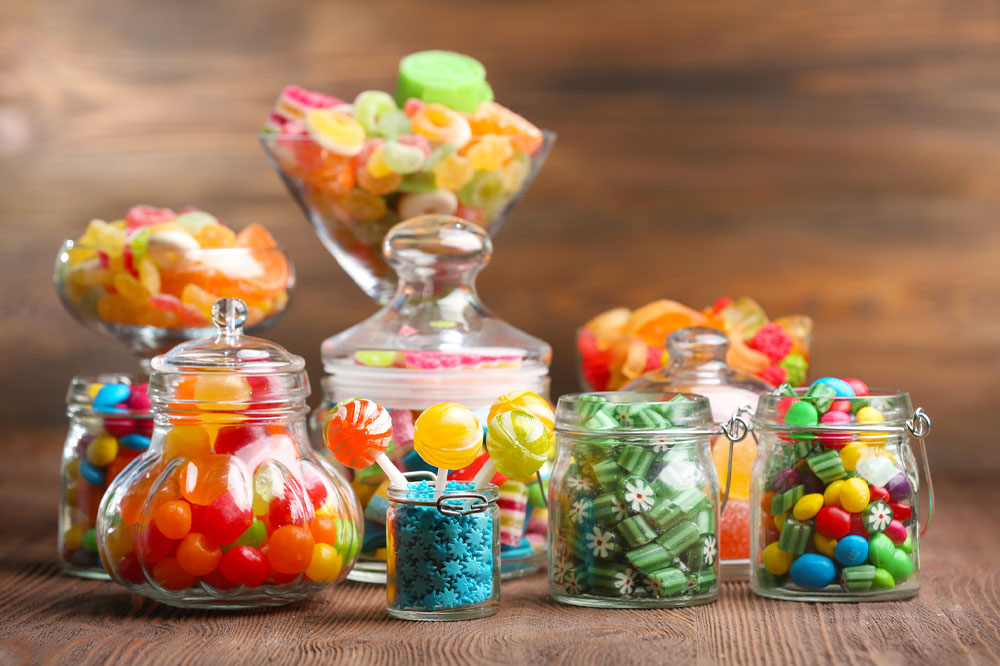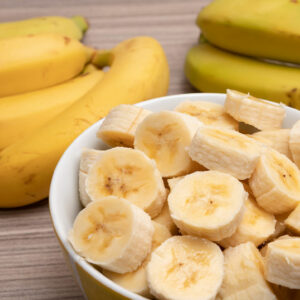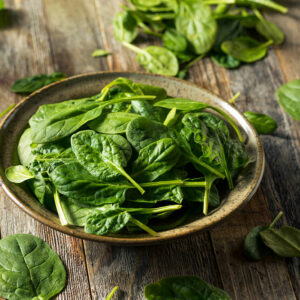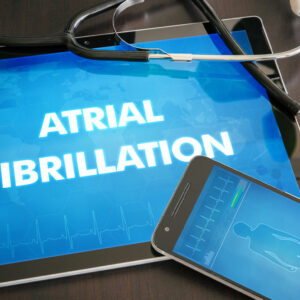Foods to Eat and Avoid After Dental Implants

Dental implants are a major surgical procedure. Hence, you must take the necessary post-operative measures to ensure a speedy recovery. One of the first things you will feel after the surgery is hunger, as dental implants demand abstaining from food for six hours since the procedure temporarily impacts your chewing ability. So, you must adhere to selective foods and avoid some, especially for two weeks. Therefore, here’s a list of foods to eat and avoid:
Foods to eat
Smoothies
In the initial days post-surgery, you may be unable to chew your favorite food. So, the next best thing is drinking it as a smoothie. Smoothies are wholesome and tasty meals. You can make them with whatever vegetable or fruits you like, ensuring they have a high nutritional value and are rich in vitamins.
Muffins
You might be unable to eat the muffins on the first or the second-day post-surgery, but after the initial few days, you can easily enjoy a good muffin. They are easy to chew and are very delicious. Hence, they can be an incredible snack or breakfast option following dental implant surgery.
Potatoes
They are versatile and soft. You can prepare them in different ways. So, even if you eat the same ingredient, you will not get bored. Moreover, you can enjoy potatoes in various recovery-friendly ways, like in boiled form or mashed. While preparing the potatoes, ensure they are as soft as possible to reduce chewing. Mashed potatoes are an excellent way to meet your protein requirement and taste delicious. If you like, you can cook them in gravy to make it a tasty option.
Dairy products
Dairy products like yogurt and cheese demand a little chewing, but they can be excellent for oral health. They are a must-have for someone adapting to life with dental implants. If salads do not suffice your appetite, you can include milk, cheese, and yogurt on the side. It can be an excellent way to have something delicious in your meals without irritating your gums or causing damage to the new implants.
Soups and broths
They are a phenomenal inclusion in your meals post-surgery. They are rich in nutrients and are easy to eat. In addition, they also help accelerate the recovery process. But, when eating the soup, let it cool down because the hot soup might trigger some irritation in the affected area.
Oatmeal
It is an excellent meal after surgery. You can effortlessly eat it as it does not require significant chewing and is also delicious and healthy. Beyond its many health benefits, oatmeal is also good for your teeth. They have a texture that is easy to wash off and overall low sugar content. Hence, the possibilities of oral infection are less after eating oatmeal.
Water
In the post-operative recovery phase, it is essential to be continually hydrated. Hence, you must consume all the water your body needs. Whether you feel thirsty or not, do not forget to drink at least one to three liters of water, especially during the initial twenty-four hours post-surgery.
Soft foods
Soft foods like peaches, bananas, and berries are rich in vitamins and delicious. So, you can eat them whole or add them to your smoothie and enjoy them after the surgery.
Cooked vegetables
Vegetables are a good pick for your overall health. However, harder vegetables might irritate and demand massive chewing. Thus, we recommend cooking the harder vegetables to make them easy to chew and bite into. For instance, you can steam or chop carrots and enjoy them as a sweet snack. Alternatively, you can steam squash and broccoli and relish a healthy side.
Foods to avoid
Sticky foods
Avoid sticky foods like toffee apples, gummy lollies, and caramel, as these can stick to your implants and inflict damage or cause discomfort. Though rare, the sticky foods attach to the implant tightly and start pulling at the crown. It may loosen the crown, which is something you may not want.
Sugary foods
They are a leading cause of tooth decay. Hence, not only those who underwent a dental implant but everyone, in general, should be mindful of their sugar intake. Even though you can eat sugary foods after dental implant surgery, it should be followed up by flossing and brushing immediately. These steps help prevent any negative repercussions that sugary foods might inflict, such as gum diseases or tooth decay.
Crunchy foods and hardy candies
Crunchy foods like tortilla shells, popcorn, raw vegetables, nuts, seeds, hard candies, and popcorn should be off your list for a few days after the dental implant surgery. Even though your doctor recommends eating colder foods to soothe your teeth and gum, chewing on ice is not an option.
Hot and spicy foods
Avoid spicy and hot foods like peppers, hot coffee, tea, soups, or anything spicy after the surgery because of their high acidity content. If you crave hot beverages, please ensure that you consume them lukewarm and not hot. But, it is best to avoid spicy foods as they can trigger bleeding in the gums and cause problems at the surgical site.
Chewy or tough foods
These foods demand a massive jaw movement, which can be discomforting around the implant site. Moreover, chewy foods also get stuck in dental implants and are hard to wash off. It might result in an infection; hence, avoid them. Some such foods include dried fruits, steak and jerky, bread with a hard crust, and fibrous vegetables like asparagus and celery.
Bottom line
Typically people get dental implants to enjoy their favorite food sans any pain. But, to get to the stage where you can relish what you like, you must follow some post-procedural food guidelines. After surgery, you must opt for soft-textured and nutrient-dense foods. Soft and healthy foods support recovery and help avoid discomfort. So, use your guide above and accelerate your recovery process.











